2020 ChaLearn Looking at People workshop ECCV: Fair Face Recognition and Analysis
Invited speakers
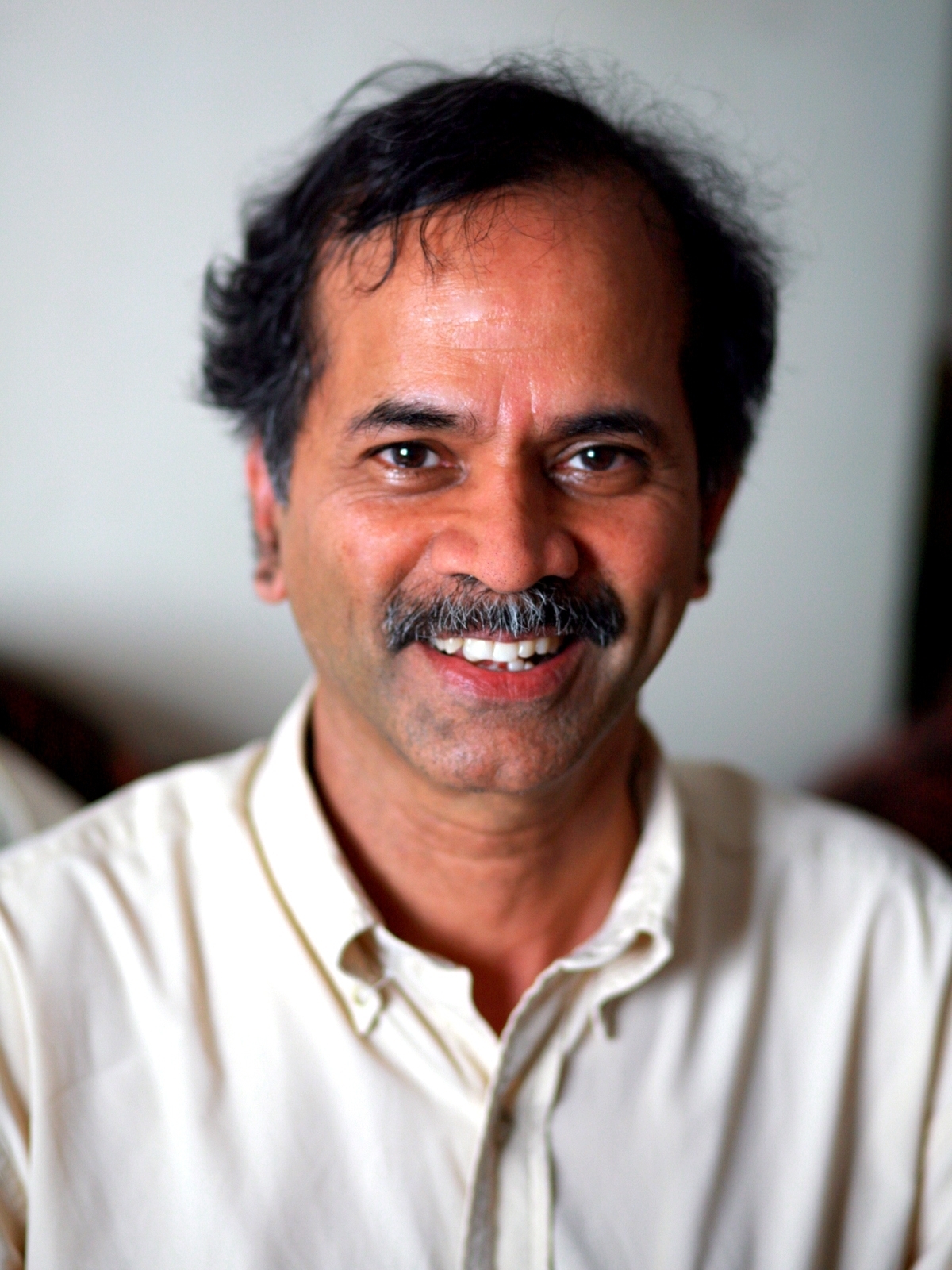
Rama Chellappa
University of Maryland, United States of America
rama@umiacs.umd.edu
is a distinguished University Professor at University of Maryland. He holds a Minta Martin Professorship in the A.J. Clark School of Engineering and served as the Chair of the Electrical and Computer Engineering Department from 2011-2018. He has coauthored and coedited books on MRFs, face and gait recognition and collected works on image processing and analysis. He has organized tens of events and has been general co-chair of CVPR and FG, among others.

Kate Saenko
Boston University, United States of America
Kate is an Associate Professor of Computer Science at Boston University and a consulting professor for the MIT-IBM Watson AI Lab. She leads the Computer Vision and Learning Group at BU, is the founder and co-director of the Artificial Intelligence Research (AIR) initiative, and member of the Image and Video Computing research group. Kate received a PhD from MIT and did her postdoctoral training at UC Berkeley and Harvard. Her research interests are in the broad area of Artificial Intelligence with a focus on dataset bias, adaptive machine learning, learning for image and language understanding, and deep learning.

Matthew Turk
University of California, United States of America
mturk@cs.ucsb.edu
Matthew Turk is the President of TTIC, an independent philanthropically endowed graduate research institute that focuses on computer science theory and artificial intelligence. His research interests are in computer vision and human-computer interaction, largely concerned with using computer vision as an input modality. That means using cameras (and other sensors) to perceive relevant information about people and the world and then using this information to improve the interface between humans and computers. In recent years, many of the applications have been in augmented reality, and mostly focused on real-time mobile computing environments.
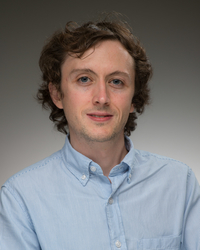
Walter J. Scheirer
University of Notre Dame, United States of America
His research is primarily focused around the problem of recognition, including the representations and algorithms supporting solutions to it. He is particularly interested in features and learning-based methods that apply to both vision and language, thus breaking away from the persistent compartmentalization of recognition tasks (something hinted at by David Marr over 30 years ago). This has led to some interesting, and often unconventional approaches that can be applied to a broad set of areas including computer vision, machine learning, human biometrics, and the digital humanities. Specifically, his work is looking at open set recognition, extreme value theory models for visual recognition, biologically-inspired learning algorithms, and stylometry.
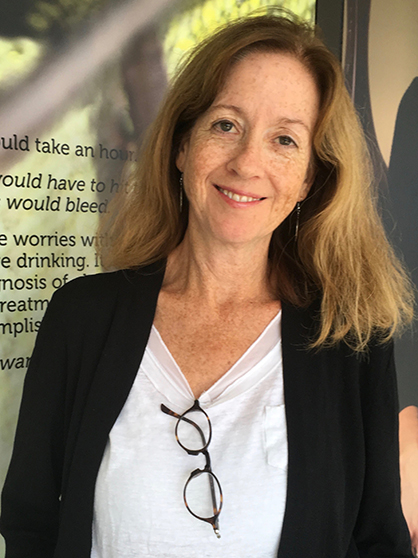
Alice J. O'Toole
University of Texas at Dallas, United States of America
Dr. Alice O’Toole’s research focuses on human perception and memory for faces, using psychological, computational, and neuroscience-based methods. She has studied human and computer-based face recognition, and has conducted experiments to compare expert forensic facial examiners with untrained individuals. Dr. O’Toole also utilizes functional magnetic resonance imaging to study person recognition from the face, body, and gait. She currently serves as an associate editor for Psychological Science and for the British Journal of Psychology, has been named a fellow by the American Psychological Association, and holds the Aage and Margareta Moller Endowed Chair. Dr. O’Toole has been the recipient of an Alexander von Humboldt Research Fellowship, and has received research funding from NIMH, DARPA, IARPA, and the National Institute of Justice. Dr. O’Toole earned her bachelor’s degree from The Catholic University of America and her master’s and PhD from Brown University.
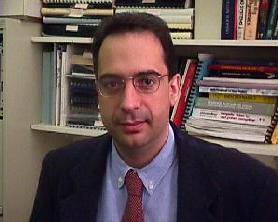
Dimitris Metaxas
Rutgers, City of New Brunswick, United States of America
dnm@cs.rutgers.edu
Dr. Dimitris Metaxas is a Distinguished Professor in the Department of Computer Science at Rutgers University since July 2007. From September 2001 to June 2007 he was a Professor in the same department. He is currently directing the Center for Computational Biomedicine, Imaging and Modeling (CBIM). From January 1998 to September 2001 he was a tenured Associate Professor in the Computer and Information Science Department of the University of Pennsylvania and Director of the VAST Lab. Prior to this he was an Assistant Professor in the same department since 1992. Prof. Metaxas received a Diploma in Electrical Engineering from the National Technical University of Athens of Athens Greece in 1986, an M.Sc. in Computer Science from the University of Maryland, College Park in 1988, and a Ph.D. in Computer Science from the University of Toronto, Ontario, Canada in 1992. Dr. Metaxas has been conducting research towards the development of formal methods upon which both computer vision, computer graphics and medical imaging can advance synergistically. In computer vision, he works on the simultaneous segmentation and fitting of complex objects, shape representation, statistical model-based tracking, learning, sparsity, ASL and gesture recognition. In particular he is focusing on human body and shape motion analysis, human surveillance, security applications, ASL recognition, behavior modeling and analysis and scalable solutions to large and distributed sensor-based networks.
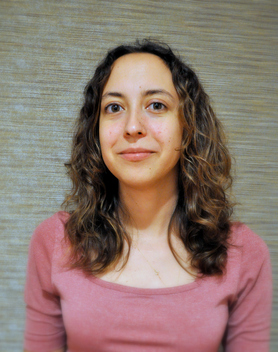
Olga Russakovsky
Princeton University, Stanford, United States of America
olgarus@cmu.edu
Olga Russakovsky is an Assistant Professor in the Department of Computer Science, and affiliated faculty at the Center for Statistics and Machine Learning and the Center for Information Technology Policy. She is interested in developing artificially intelligent systems that are able to reason about the visual world. Her primary research area is computer vision, closely integrated with machine learning, human-computer interaction and fairness, accountability and transparency.
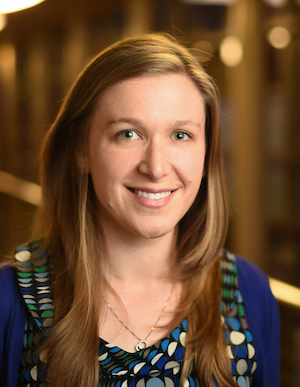
Judy Hoffman
Georgia Tech, United States of America
Judy Hoffman is an Assistant Professor in the School of Interactive Computing at Georgia Tech. Previously, she was a Research Scientist at Facebook AI Research. She was a Postdoctoral Researcher at UC Berkeley with Alyosha Efros and Trevor Darrell and at Stanford with Fei-Fei Li. I received my PhD in Electrical Engineering and Computer Science from UC Berkeley in 2016, where she was advised by Trevor Darrell and Kate Saenko. She was awarded the NSF Graduate Fellowship and the Rosalie M. Stern Fellowship. Her thesis focused on transferrable representation learning f or visual recognition.